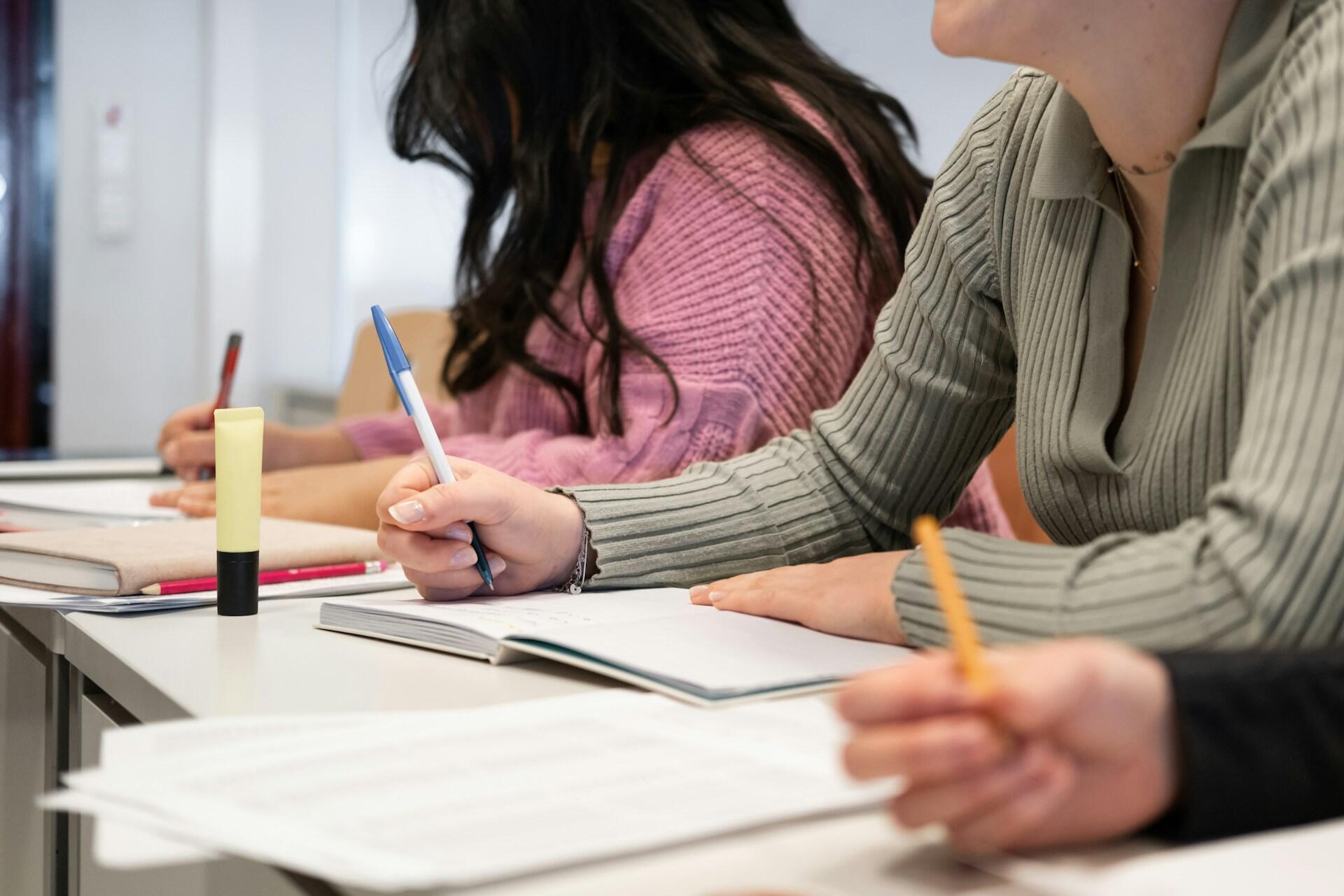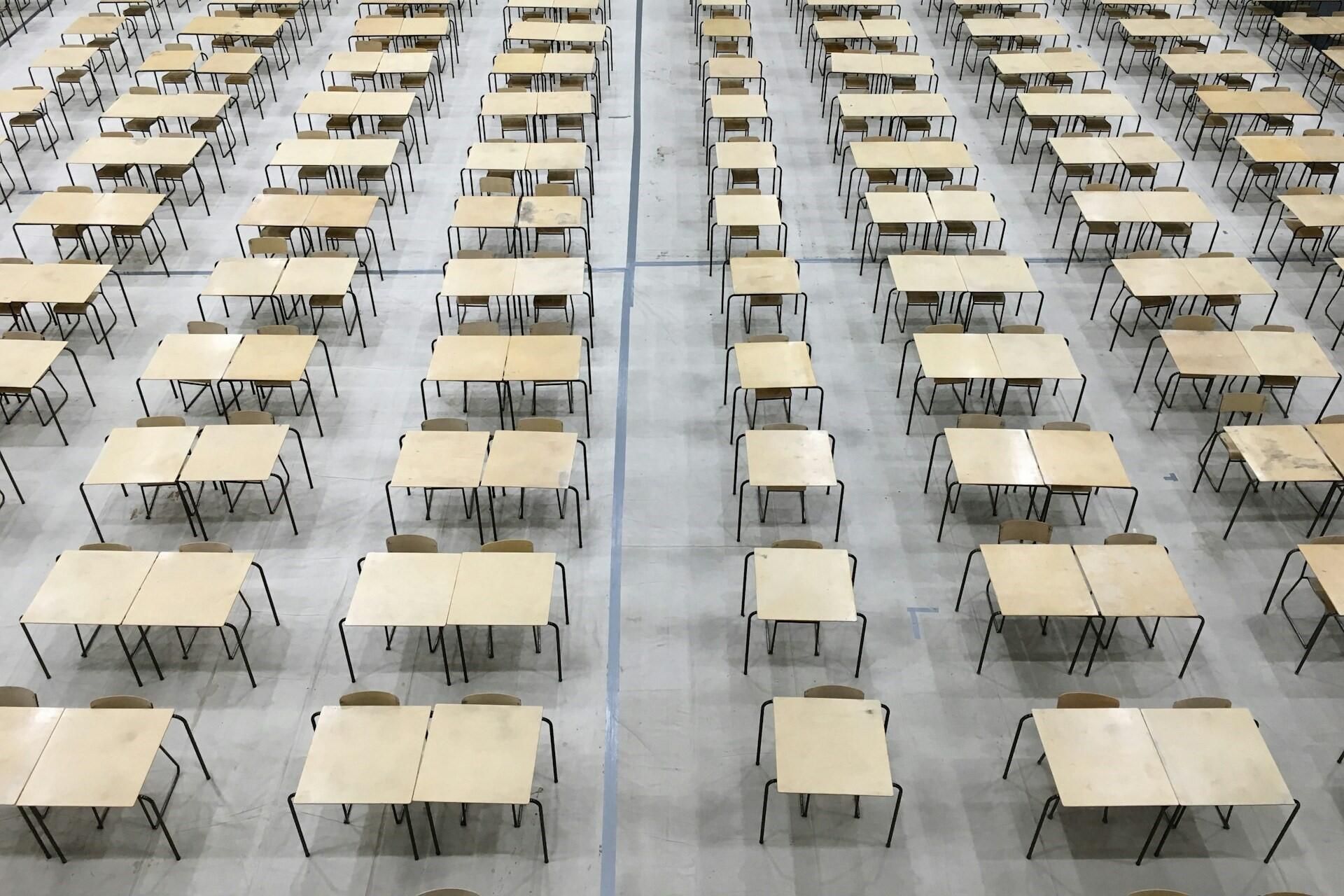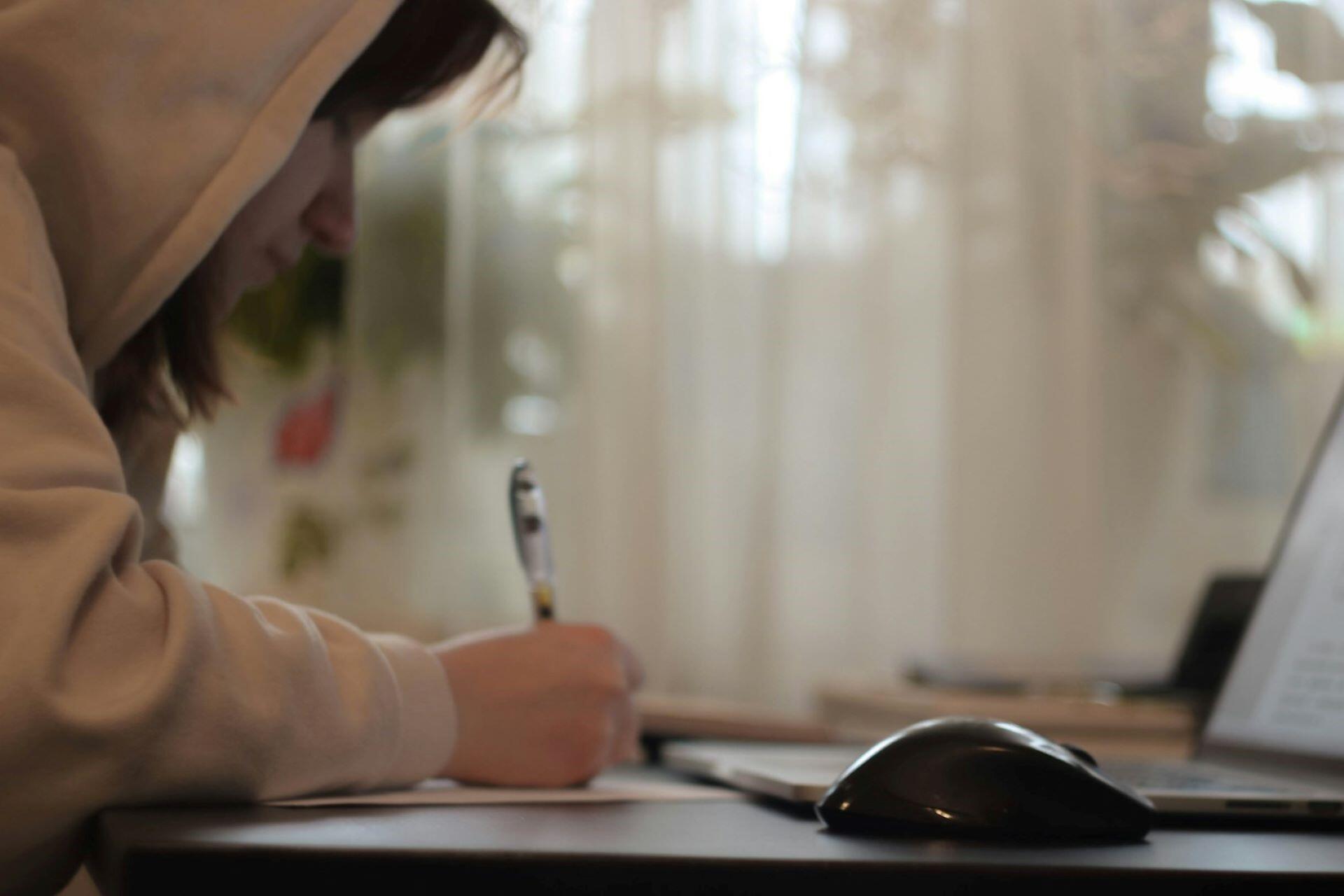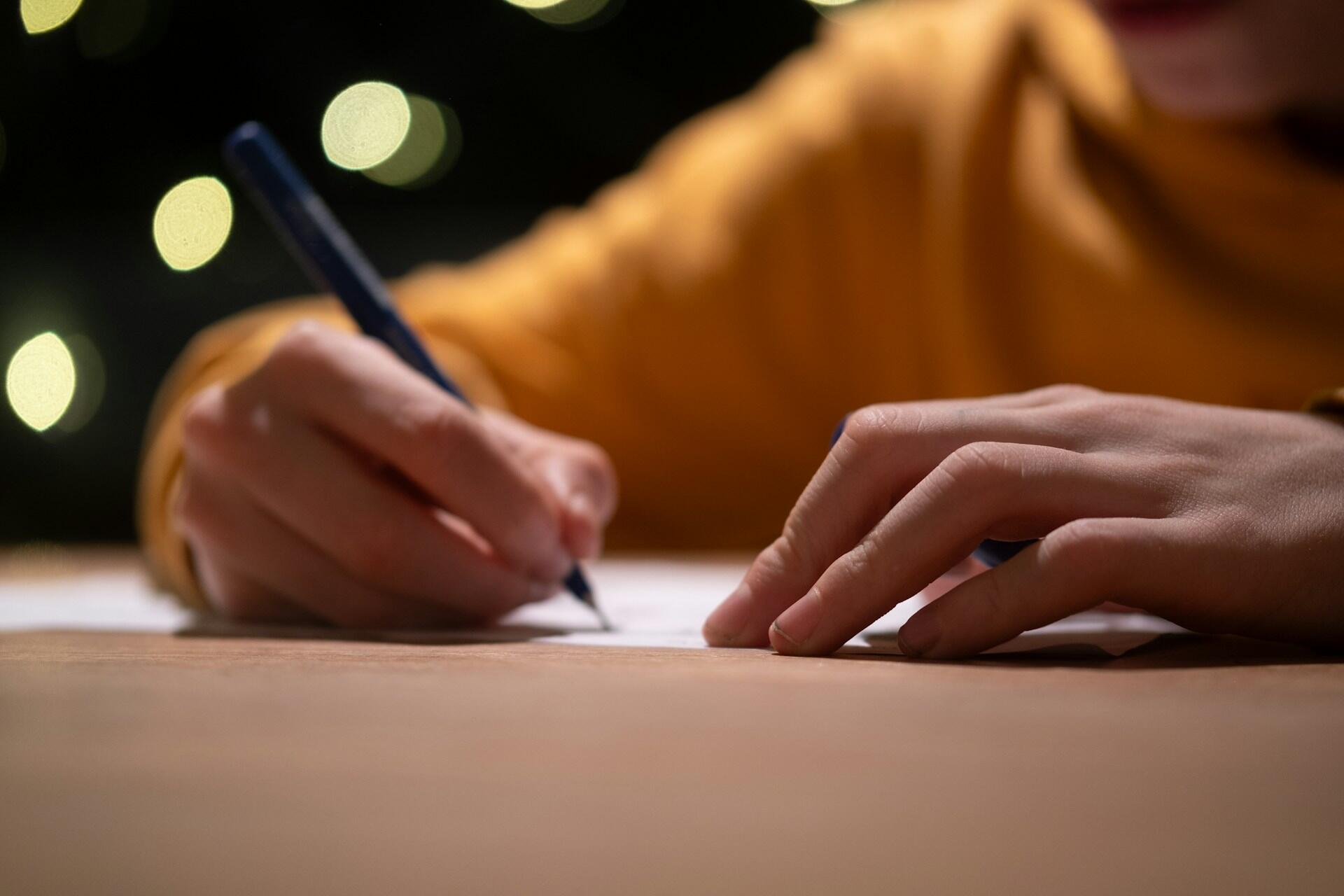Losing or misplacing your GCSE certificates can feel stressful—especially when you need them for a job application, university enrolment, or visa paperwork. Fortunately, getting official proof of your GCSE results is usually straightforward once you know who to contact and what documents you can request. This guide explains exactly how to obtain your GCSE certificates or secure an official replacement, with clear steps, exam board details, costs, timelines, and practical tips for urgent situations.
You have three main options:
- Check with your school or college if you took your GCSEs recently — they may still hold your original certificate, keep a verified copy, or provide confirmation of your grades.
- Request an official replacement (usually a certified statement of results) from your exam board, which typically costs around £48–£62 and takes about 20 working days, depending on the board.
- Use free alternatives such as online results services, exam-board candidate portals, or a Subject Access Request, which can provide verified records when you don’t need a physical certificate.
Some universities and employers may not actually require physical certificates—UCAS verifies results directly with exam boards, and employers can do the same. Check what's required before paying for replacements.

Understanding GCSE Certificates
What Are GCSE Certificates?

GCSEs (General Certificate of Secondary Education) are the standard academic qualifications in England, Wales and Northern Ireland, usually taken around age 16. The certificates issued upon successful completion serve as documentary proof of the subjects taken and the grades achieved.
For lost or damaged originals, exam boards don’t always issue a replacement certificate—it is often a certified statement of results instead.
When Are GCSE Certificates Issued?
After the results are confirmed, the exam board sends the certificates to the school or college where the examinations were taken. According to one board (WJEC), certificates arrive at schools within 12 weeks of results publication 1.
Schools typically retain uncollected certificates for a certain period (for example, one year) before disposing of them, so it’s worth asking your old school as a first step.
How To Get GCSE Certificates Or A Certified Statement of Results
If you've lost your GCSE certificate, the best solution would be to request a replacement exam certificate or a certified statement of results certificate from the relevant exam board. To obtain either a replacement exam certificate or a certified statement of results with your GCSE results, you’ll need to send an email to the exam board - or more than one if you took exams with various exam boards - asking for this ´certified statement of results´ certificate.
A Certified Statement of Results (CSOR) is an official document issued by an exam board confirming the GCSE grades you achieved. It contains the same information as your original GCSE certificate but is presented in a formal letter-style format on secure exam-board letterhead. This document is widely accepted by employers, universities, training providers, and international authorities as legally valid proof of your qualifications.
Why You Might Need A Certified Statement of Results:
Certified Statement of Results vs. GCSE Certificates
This is the official certificate issued by your exam board after you completed your GCSEs.
This is an official alternate document issued when your original GCSE certificate is lost, damaged, or unavailable.
Collect GCSE Certificates From Your School
Ask whether your certificate is still held (schools often store uncollected certificates for some time).
Provide your name at the time of the exam, exam year and subject list if possible—this helps them locate your record more easily.
Contact Exam Boards for Replacement Exam Certificates
If your school cannot supply your certificate, or it is lost/damaged beyond use, contact the exam board that awarded your GCSEs. You will likely apply for a certified statement of results rather than a brand-new certificate for GCSEs.
Here's a summary table of exam boards and general processes for each:
| Exam Board | What they provide | Key points / Fee estimate |
|---|---|---|
| AQA | Certified statement of results2 | Fee varies; check online |
| Pearson Edexcel | Replacement certificate or certified statement3 | UK delivery ~£57; international ~£77 |
| OCR | Certified statement of results4 | Around £62 per exam series; 20 working days |
| WJEC | Electronic or physical confirmation letter | Digital £30 (~2 weeks), physical £40+ (~6 weeks) |
| CCEA | Replacement documentation | Check CCEA website for details |
*Fees and processing times vary by board and exam year—always check the board’s current guidance before applying.
Steps To Apply For GCSE Certificates:
Application Process for Each Exam Board
AQA
| Application Process | Details |
|---|---|
| Direct application link | https://www.aqa.org.uk/contact-us/certificate-services/past-results-and-lost-certificates |
| What you can request | Certified Statement of Results (AQA does not reissue original certificates) |
| Fee | £48.75 (covers up to two exam series) |
| International surcharge | +£20 for non-UK addresses |
| Processing time | Up to 20 working days + ~5 days for delivery |
| Who can apply | Candidate only (must provide ID) |
| Required documents | Passport, driving licence, birth certificate; proof of name change if applicable |
| How to apply | 1. Visit the AQA link 2. Complete online form 3. Upload ID 4. Pay fee 5. Wait for delivery |
Edexcel
| Application Process | Details |
|---|---|
| Direct application link | https://qualifications.pearson.com/en/support/Services/certificate-services/replacement-documents.html |
| Document types | Replacement Certificate (standard/priority) or Certifying Statement |
| Fees | UK Standard £57; International Standard £77; UK Priority £77; International Priority £98 |
| Processing time | Standard ~20 working days; Priority ~5 working days (plus delivery) |
| Required documents | Passport, driving licence, birth certificate; name-change documents (ID must be in English) |
| How to apply | 1. Visit the Pearson link 2. Read PDF instructions 3. Complete online form (desktop) 4. Upload ID 5. Select service + pay 6. Await delivery |
WJEC
| Application Process | Details |
|---|---|
| Direct application link | https://www.wjec.co.uk/home/replacement-exam-certificates/ |
| Document types | Electronic Letter of Confirmation or Certifying Statement of Results |
| Fees | First letter £30; additional letters £10 each |
| Processing time | Around 6 weeks |
| Required documents | Completed application form + proof of ID |
| How to apply | 1. Download form 2. Fill in PDF 3. Email PDF + ID to replacementcertificates@wjec.co.uk 4. Await payment instructions 5. Pay via bank transfer 6. Receive document |
OCR
| Item | Details |
|---|---|
| Direct application link | https://www.ocr.org.uk/students/replacing-lost-certificates/replacement-certificates/ |
| What you can request | Certifying Statement of Results or Replacement Certificate |
| Fees | £62 per exam series |
| Fast-track service | +£20 (faster processing + tracked delivery/courier) |
| Processing time | Around 20 working days (for 90% of applications) |
| Required documents | Passport, driving licence, birth certificate; proof of name change |
| How to apply | 1. Visit the OCR link 2. Start online application 3. Upload ID 4. Enter exam details 5. Pay fee 6. Await delivery |

We will explore why losing your GCSE certificates doesn’t have to be the end of the world, and what you can do to save face in the eyes of your prospective universities. Mind you, it’s also possible to get into university with no GCSEs, too.
| Situation | Action to Take | Document You’ll Receive | Where to Go |
|---|---|---|---|
| You’ve lost your original GCSE certificates | Apply to the exam board(s) for a replacement | Replacement Certificate or Certified Statement of Results | Exam board website |
| You don’t know your exam board | Contact your old school or classmates | N/A | School, college, or exam records |
| You need urgent proof for uni/job | Ask the university/employer to request a confirmation letter | Confirmation/Verification Letter | Employer/university contacts exam board |
| Your certificate is damaged/defaced (post-2001) | Return the damaged copy to the exam board | Replacement Certificate | Exam board website |
| You want to check results from years ago | Request a Certified Statement of Results | Statement of Results | Exam board(s) |
| You're retaking A-levels in 2025 | Register by Feb 15 and sit exams in June | A-level Results | School, exam centre |
| You’re applying to university without GCSEs | Explore alternative qualifications or foundation courses | N/A | UCAS or individual institutions |
How Much Does It Cost to Get a Replacement Exam Certificate?
The cost of replacing certificates ranges from £10 to £69, depending on the exam board.
Below are some approximate figures:
While prices vary from area to area, it is useful to research suppliers' websites to determine whether you have the correct board.
If, for some reason, you are unlucky enough to want a certificate from an exam board that no longer exists, check on this government page about which current exam board you should contact.

How Long Does It Take to Get a Replacement Exam Certificate?
In general, obtaining a replacement exam certificate will take a minimum of 20 working days.
For AQA and Edexcel (Pearson) certificates, their websites state that it can take up to 20 working days to process your application, and once it is processed, it can take up to 5 working days to be delivered by post.
For OCR, 90% of applications are completed within 20 working days. For WJEC, their website advises allowing 6 weeks to process an application.
Note that exam boards don't offer a fast-track service, and your application may be subject to delays. For this reason, you must submit a request as soon as you realise that you no longer have the original certificate, as otherwise it could prove detrimental to your university applications.
How to Check GCSE Results Online
Getting your GCSE results online can be a convenient and fast way to see how you did — but how you access them depends a lot on your school, the exam board, and whether your centre uses specific student portals.
Here’s how to check GCSE results online, what to expect, and key things to know:
- Most exam boards do not provide a public-facing portal for students to view GCSE results directly — instead, results are typically sent to your school or exam centre, not to you individually.
- On results day, you usually receive a results slip (a “Candidate Statement of Provisional Results”), not the same as your final certificate5.
- Your school may give you access via their own student portal (e.g., SIMS, Firefly, Microsoft Teams, etc.), depending on their setup.
If you're wondering how to check GCSE results online, you should be aware that you won't be able to access your results by phone or email for data protection and confidentiality purposes. While the traditional method of receiving GCSE results is by going to the school in person to get your certificate, it’s becoming more common for schools to release the results in their online portal platform.

What If You Can’t Access Results Online?
If no digital route is available, or your school doesn’t use one, don’t worry — you still have ways to get your results:
GCSE Digital Results App: New in 2025
From 2025, the UK Department for Education (DfE) has begun piloting a new GCSE Digital Results App, which will allow students to access their GCSE results and certificates digitally. While this service is not a full national rollout yet, it represents the government’s first major shift away from relying solely on paper certificates6.
✅ What’s happening?
- In the pilot year, around 95,000 Year 11 students in the Greater Manchester and West Midlands areas will receive their results via the app this summer.
- It is intended that through this app:
- Students no longer have to rely wholly on paper certificates.
- The app will help students apply for college, apprenticeships or jobs using their digital record.
- It is a pilot — not yet a full national service; wider rollout will depend on the results of this trial.
🔍 Key things to know
- If your school is part of the pilot region (Greater Manchester / West Midlands), you might be eligible to receive results via the app on results day (instead of or in addition to the usual paper process).
- The standard process (school notifying you, collecting results slip, certificate) still applies for most students outside the pilot.
- The app is designed to include not just results but also the “education record” of the student (certificates, qualifications) for easier sharing.
⚠️ Considerations
- Because it’s a pilot: Not all schools and exam boards are involved yet, so you should check with your school if you’re in the pilot or not.
- You should still expect the traditional certificate or certified statement of results process if you need a physical document, for now. The app may not replace the need for an official hard-copy document in all cases.
- Issues such as digital access, identity verification, security and privacy remain important (some stakeholders have raised concerns).
Short On Time? Ask for a Confirmation Letter
Another option for those who lost their GCSE certificate is meant for occasions in which you are short on time but need to show proof of your GCSE grades to a university, for example.
Getting a confirmation or verification letter from the relevant exam board in times of need is possible.
This can be a great lifeline if you need quick proof of your GCSEs to show to a university or employer, and you don't have time to wait for a ´certified statement of results´ certificate.

The major downside to this option is that it will be up to your university or employer to get the ball rolling and request the verification. If you need to prove your GCSE results quickly, you’ll have to hope the university sees you as a promising candidate; otherwise, their incentive to verify your results may be low. This process will cost the institution a flat fee, require some important paperwork on your part, and a lot of goodwill on the part of the university helping you out!
Don't panic. Here's a quick video on getting your results.
Why Do You Need an Exam Certificate?
A GCSE certificate is proof that the recipient has completed the qualification. The certificate, which the relevant exam board will issue, will include a list of the exams the student has taken at the GCSE level and their corresponding marks.

The GCSE certificate, as well as giving the recipient a visual reminder of their marks and a way of keeping records, serves a useful purpose. The purpose is to prove to potential employers and universities that you have the GCSE grades that you claim to have.
University entry requirements usually dictate that you have your original certificate to show as proof of your GCSE results, since GCSEs are important to them, and also because this is the only way for them to know how likely you are to succeed in further education. It’s a big deal!
Check for tutoring classes in the UK here.
Damaged or Defaced Original GCSE Certificate
If you are in the unusual position of having an original certificate damaged or defaced to the point that it is illegible, there’s another option.
Provided you can return the original certificate in its damaged state, you will be given a copy to use in its place.
This only applies to exams taken in or after 2001, though, which I would hazard a guess applies to most people reading this article!
How Long Do Schools Keep GCSE Certificates?
Exam boards typically maintain results records indefinitely, while schools retain certificates for at least one year (often longer) after receiving them from the exam boards on Results Day in August. As a result, your certificate remains valid for your entire lifetime.
Why Your GCSE Certificate Matters
🎓 University
Entry requirements
💼 Employer
Proof of qualifications
📁 Personal
Record of achievement
Can You Apply to Uni without GCSES?
Most universities state in their entry requirements that you need to pass at least your Maths and English GCSE exams. They also look at your UCAS points tally, which is unrelated to GCSE exam results.

However, say you lose your GCSE certificate and are in a desperate situation, or you have no GCSEs but want to go to university, there is still a chance you can get accepted.
It’s surprising what you can do with no GCSEs since society places so much emphasis on them as formative exams. However, if this is the case, you will have to work hard to stand out from your peers, so it’s best to do well the first time of asking.
References
- “Replacement Exam Certificates.” Wjec.co.uk, 2019, www.wjec.co.uk/home/student-support/replacement-exam-certificates/. Accessed 14 Nov. 2025.
- “Past Results and Lost Certificates.” Aqa.org.uk, 2025, www.aqa.org.uk/contact-us/certificate-services/past-results-and-lost-certificates/. Accessed 14 Nov. 2025.
- “Certificate Services | Pearson Qualifications.” Pearson.com, 2025, qualifications.pearson.com/en/support/Services/certificate-services.html/. Accessed 14 Nov. 2025.
- “Replacement Certificates - OCR.” Ocr.org.uk, 2025, www.ocr.org.uk/students/replacing-lost-certificates/replacement-certificates/. Accessed 14 Nov. 2025.
- “AQA | Results Slips.” Aqa.org.uk, 2025, www.aqa.org.uk/exams-administration/results-days/results-slips/. Accessed 14 Nov. 2025.
- Department for Education. “Government Brings Exam Records into 21st Century.” GOV.UK, 6 May 2025, www.gov.uk/government/news/government-brings-exam-records-into-21st-century/. Accessed 14 Nov. 2025.
Summarise with AI:















Please help me I have lost my General Certificate Examination certificate (GCE) and would like a replacement but is unable to find information where this can be done. Any information of how I can achieve this would be highly appreciated. Thanks in advance.
Please help me I have lost my General Certificate Examination certificate (GCE) and would like a replacement but is unable to find information where this can be done. Any information of how I can achieve this would be highly appreciated. Thanks in advance.
This is all based on you actually having certificates in the first place. I have recently joined a masters degree course for which we are all required to have a C in GCSE Maths and English. Over 50% of us never received a certificate when we did exams or did a different qualification (which happens not to be on their list) and so have been told we have to do a remedial course instead. Amongst those of us that persevered are a journalist and a maths teacher, but we are all now sitting through a course which is similar to SPAG at primary school, paid for by tax payers’ money. Therefore, the consequences are:
1. Capable and qualified students do not enrol on courses, depriving the universities of fees and society of the skills they would acquire.
2. Students have to undertake superfluous courses at tax payers’ expense, which leads to lower overall motivation and a general waste of resources.
3. We have more bureaucracy, therefore reducing national productivity.
How do i research for a gcse certificate for 1979
Did you get this sorted out? Thanks
Gcse didnt start until after this
Can anyone advise me who I can ring for old a levels . My school has gone now thanks
Hi,
I have finished year 11 and took my GCSEs , however I need my gcse certificates for my college but I haven’t received them yet? How can I get them given to me? Or how do I go about this situation?
I’m in the same situation I did my GCSEs in 2021 so I think we will have to get in contact with our schools and hope we can get them
I never attended to collect my results could you send me a copy via email thanks
Carl Mumford
Hartshill high school
Cv10 0na
Hey I would like to know if possible I can get my gcse results on the behalf of my self if some one could help with that I would love to hear back about getting them acceptable for my self
Appreciate any response back on my behalf
Took my gcse in 2021, have misplaced my grades certificate. Can you please advise how to get a replacement as I’m hoping to join metropolitan police on an apprenticeship,and I need proof of grades.
Thank you.
Stephen.
I’m trying to find out my exams results from 1979
Im 60 years old can’t even remember if I took any GCSEs but if I did it would have been at,
Bell Vue Girls Grammer School, as it was then in Bradford, around the 1990s.
How do I find out please ?
Regards.
If you’re 60 years old you wouldn’t have taken GCSEs as they didn’t exist until the 1980s. Prior to that it was GCEs & prior to that it was O Levels
I have lost my plumbing certificates can you please help me at Aberdeen technical college
Hi ,
I have lost my gcse exam . I did my gcse in 1999. I need proof for my work.
i completed my GCSE in 2022, have lost my certificate and need my results to enrol in further education . please could you help me find them
Thanks for reaching out! To obtain your GCSE results from 2022, follow these steps:
Contact Your School: Reach out to the school where you completed your GCSEs. They often keep records and can provide you with a copy of your results or a statement of results.
Contact the Exam Board: Identify the exam board that administered your GCSEs (e.g., AQA, OCR, Pearson Edexcel) and request your results from them. They usually have a process for requesting duplicate certificates.
Check Online: Some exam boards offer online services where you can request and download your results.
If you need further assistance, feel free to ask!
I have lost my gcse results I would like a new copy please
Hi Callum! Thanks for getting in touch! Do you know what exam board you did your GCSEs for? If so you can contact them directly to ask for a replacement certificate. If you’re not sure which exam board, you can get in touch with your school or college who should be able to help you out. Best of luck!
I am trying to get my English teacher certificate so I can start my qtls. I left riddlesdown school in purley 32 years ago please help.
Hi Joanne! Thanks for getting in touch! Have you tried to contact your school to ask which exam board to contact about your exams?
I have lost my GCSE Urdu Certificate in Howden Clough High School, and I had Grade (D) in Urdu Examination, so please tell me how to get my replacement Certificate? And also send me free in post to my Address please. How much is it for my replacement of my URDU Certificate in UK. Please reply ASAP about this immediately.
Hi Saikah. Thanks for reaching out. Please get in touch directly with your high school regarding which exam board to contact to get a replacement GCSE exam certificate. Best of luck!
Hi, I really think I need a new copy of all my gcses. As I don’t have the original copy anymore they’ve been lost or stolen 😕 how do I go about applying for another copy of all my gcses if I don’t know the exam board that processed them. I have city and guilds in my head but not 100% sure. Will u please email me more information please
Many thanks
Hazel Taylor 💕
Hi Hazel! Thanks for getting in touch! You can reach out to the school or college where you wrote your GCSE’s who should be able to tell you which exam board to contact to obtain your GCSE’s. Best of luck :)
Please can I request my English and maths GCSE I sat these in 1996. I am unsure where to even start?!
Many thanks
Hi Neressa. To request your 1996 English and Maths GCSE results, you’ll need to contact the exam board that issued them. If you’re unsure of the board, try reaching out to your former school for guidance. The exam board’s website should have a process for obtaining past results. If you need more help, feel free to ask!
Hi, I lost my GCSE certs that were issued in 1996 & my secondary school no longer exists. To add to this my certificates were in a different surname (this was due to my mothers married name and was never legally mine) I therefore am unable to provide documentation to prove my previous surname.. I hope someone can advise
Hi Jodie! I’d encourage you to get in touch with your secondary school to advise you what would be the best course of action in this case. If your surname is different, this shouldn’t be an issue, you may just need to provide justification of your change of name. Best of luck!
How do I get my maths GCSE certificate from 2017
How do I get my GCSE grade back if I don’t know the grade system they were under?
Great question! 😊 If you’re unsure about the grading system used when you took your GCSEs, don’t worry—when you contact the exam boards for a replacement certificate, they should be able to help you determine your grade. Just provide as much information as you can, and they’ll guide you from there! 📜✨
Hi, I’m desperately trying to get hold of my GCSE results from around 2006 but my school ( Lubavitch Senior Girls School) is absolutely useless and refuses to assist me. I don’t know what to do because I can’t progress in my academic or work career. Please can you assist me.
Hi Chaya! I’m sorry to hear you’re having trouble retrieving your GCSE results. If your school isn’t able to help, you can contact the exam boards directly. Since you took your exams around 2006, your results would likely be with one of the main UK exam boards: AQA, Edexcel (Pearson), OCR, or WJEC.
You can apply for a certified statement of results from the relevant exam board by providing details like your name, date of birth, school, and the year you sat the exams. If you’re unsure which board you used, try checking old school records or contacting past classmates.
Here’s a helpful guide with links to each exam board’s process: https://www.gov.uk/replacement-exam-certificate
Hope this helps, and best of luck with your academic and career goals! 😊
Hi it’s Hristiyan miroslavov emilov I’ve lost my gcse results and diplomas
From my 11th year unit
May i get help
Hi Hristiyan. Thanks for getting in touch! If you’ve lost your gcse results and diplomas, the first step would be to get in touch with your school or college to request if they have them on file or if they can let you know which exam board you wrote for each subject. Then you’d need to contact the exam board to request your diplomas and results. Best of luck to you!
Help me I’ve misplaced my exam results from Northampton school for girls and I need them as soon as possible
Hi Lynette! Thanks for getting in touch. The best thing to do in this case, would be to contact Northampton School for Girls to ask if they have your certificates and if they can share the exam boards with you. Thank you!
M very stressed i hv lost my gcse olevel certificate last month about this… Could u pls gv any online form so that i would get my certificate.. Pls its verry serious
Hi Ima,
Very sorry to hear that you’ve lost your certificate! The first thing you would need to do in this case, is to contact your secondary school where you wrote your gcse exams to ask which exam board you wrote your exams under. You can then contact the exam board directly to obtain your certificate.
Best of luck!
hi i need to find my exam results from 1981 my school has be renamed as another school now I don’t know how to get them ?
Hi! If your school has been renamed or merged, you can usually still access your exam results by contacting the local education authority or the exam board that issued the results at the time. Try reaching out to:
The exam board for your qualification (e.g., GCSE, O-Level, A-Level)
The local council or education department where your school was located
Any alumni or records office connected to the current school
They should be able to guide you on how to request a copy of your results. Make sure to have your full name, date of birth, and the year you sat the exams ready, as this will speed up the process.
Please help me I lost my aqua level 3 when I was younger and I’m trying get a job
Hi Sarah. Thanks for your comment! If you’ve lost your certificate, you can usually request a replacement or a statement of results directly from your school or the exam board, which most employers will accept while you wait.
Hello Vanessa, I need to get an attestation of my 2010 WASSCE results, but I don’t even remember the index number. What do I do ?
Hi! If you’ve lost your index number, you can still request an attestation from WAEC. Try reaching out to the WAEC office where you sat your exams—they can usually trace your record using your full name, date of birth, and exam year.